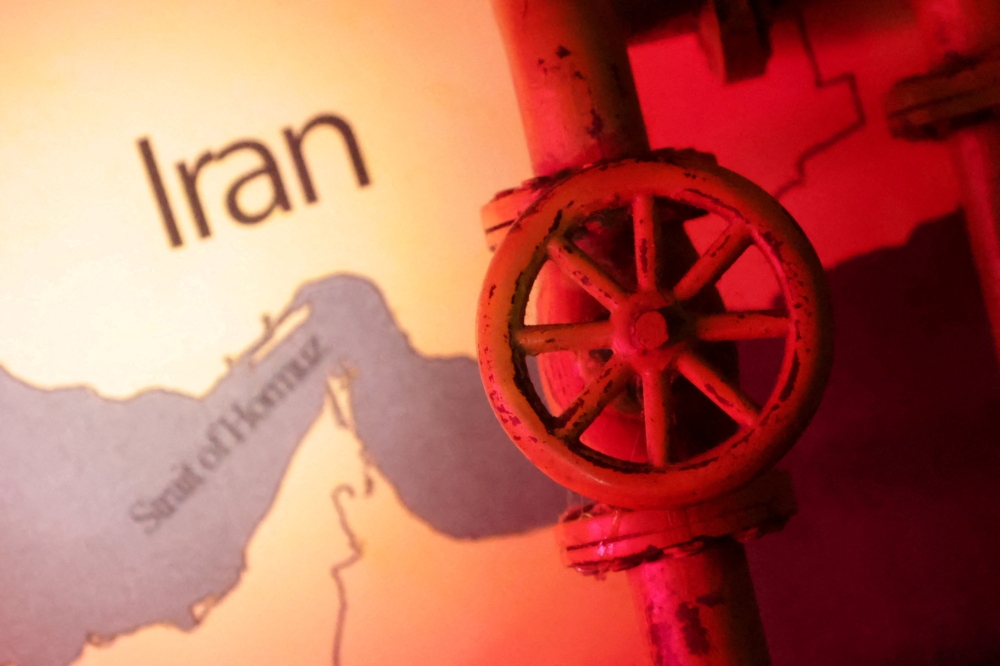JUNE 26 — The Strait of Hormuz is a critical maritime chokepoint that links the Persian Gulf to the Arabian Sea and beyond to the high seas. It borders two coastal states, Iran and Oman. An estimated 20 percent of the world’s crude oil supply is transported through this narrow waterway daily. It is therefore unsurprising that the Strait has become the focus of global geopolitical tensions.
A key question that continues to arise is whether Iran may legally close the Strait of Hormuz to foreign vessels, particularly in times of heightened regional conflict.
Transit passage and the law of the sea
Under the 1982 United Nations Convention on the Law of the Sea (UNCLOS), the Strait of Hormuz is classified as a strait used for international navigation. As such, it is subject to the regime of transit passage under Articles 38 and 44 of the Convention. This regime grants all ships and aircraft, including warships, the right to transit continuously and expeditiously through the strait without requiring prior authorisation from the coastal states, provided that passage does not threaten their peace or security.
Most importantly, this right of transit passage may not be suspended even during times of conflict. This is clearly stated in Article 44 of UNCLOS. This matter does not apply to Iran alone, but also applies to countries such as Malaysia and Indonesia which possess sovereignty and sovereign rights over the Strait of Malacca, and Malaysia, Indonesia and Singapore which possess sovereignty over the Strait of Singapore. These littora States also cannot unilaterally close these straits to international navigation, as the Straits of Malacca and Singapore are subjected to the same principle.

A map showing the Strait of Hormuz and Iran is seen behind a 3D printed oil pipeline in this illustration taken June 22, 2025. — Reuters pic
Iran and UNCLOS
Although both Iran and Oman are coastal states bordering the Strait of Hormuz, only Oman is a party to UNCLOS.
Iran has not ratified the Convention.
Nevertheless, the principle of transit passage is widely recognised as part of customary international law.
This means that Iran remains bound by this principle, despite not being a State-member to UNCLOS.
When can Iran lawfully act
Iran may only restrict navigation through the Strait of Hormuz if it is engaged in a legally recognised international armed conflict, for example, if it is officially at war. In such circumstances, international humanitarian law applies. This permits coastal states to take defensive military actions against enemy vessels, including interception. However, these actions must not be directed at vessels belonging to neutral states. As of now, Iran has not officially declared war against any country, although military tensions have escalated involving Israel and United States military bases in Qatar. Any unilateral move by Iran to close the Strait would be a violation of international law and could provoke military retaliation or economic sanctions from major world powers.
Conclusion
From the standpoint of international law, Iran does not possess the absolute right to unilaterally close the Strait of Hormuz to foreign shipping. Such action would not only breach the legal framework governing transit passage but could also threaten global maritime security and regional stability.
Ultimately, the situation in the Strait of Hormuz is not merely a legal issue. It highlights the ongoing intersection between sovereignty, geopolitics and the law of the sea that continues to shape global affairs today.
Assoc Prof Dr Mohd Hazmi Mohd Rusli is the Head Researcher at the International Law Unit, Universiti Sains Islam Malaysia and a Research Fellow at the Asian Institute of International Affairs and Diplomacy, Universiti Utara Malaysia.
*Assoc Prof Dr Mohd Hazmi Mohd Rusli is the Head Researcher at the International Law Unit, Universiti Sains Islam Malaysia and a Research Fellow at the Asian Institute of International Affairs and Diplomacy, Universiti Utara Malaysia.
** This is the personal opinion of the writer or publication and does not necessarily represent the views of Malay Mail.






